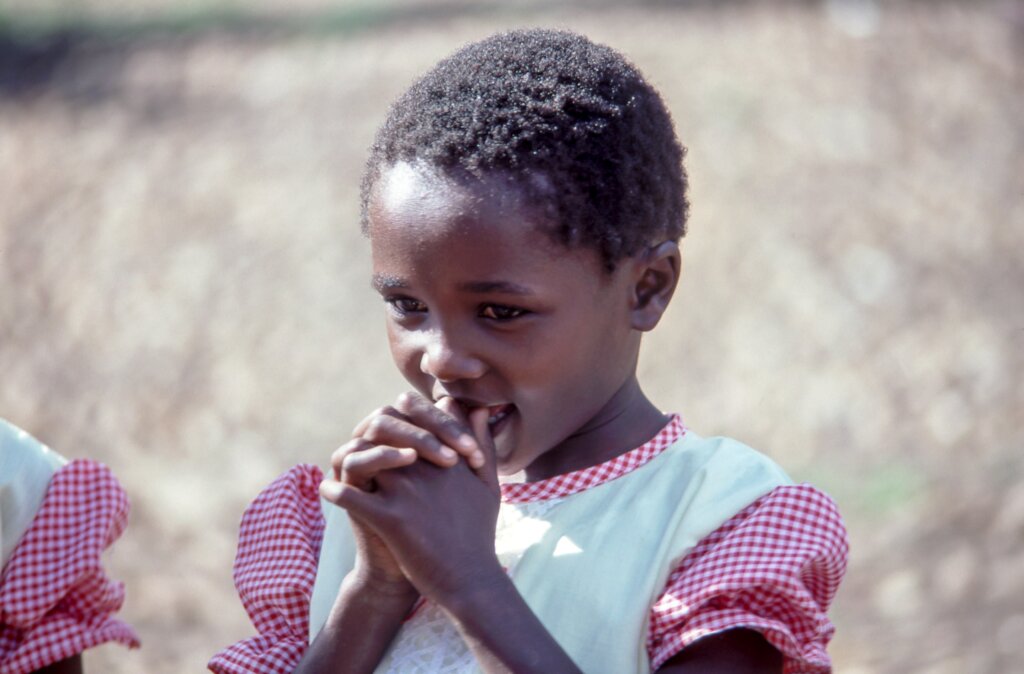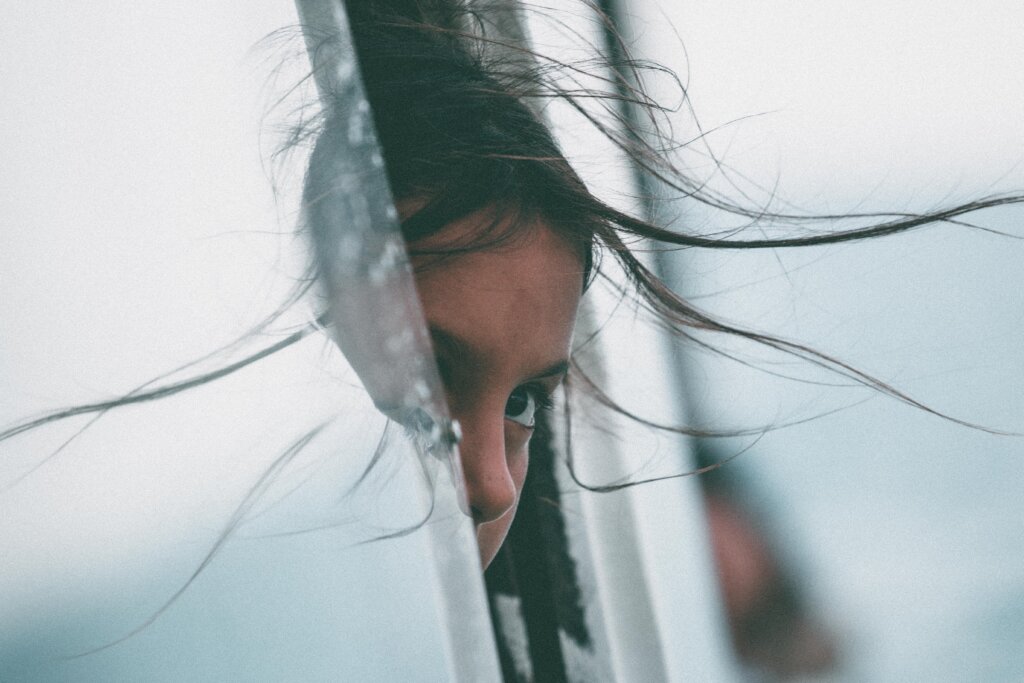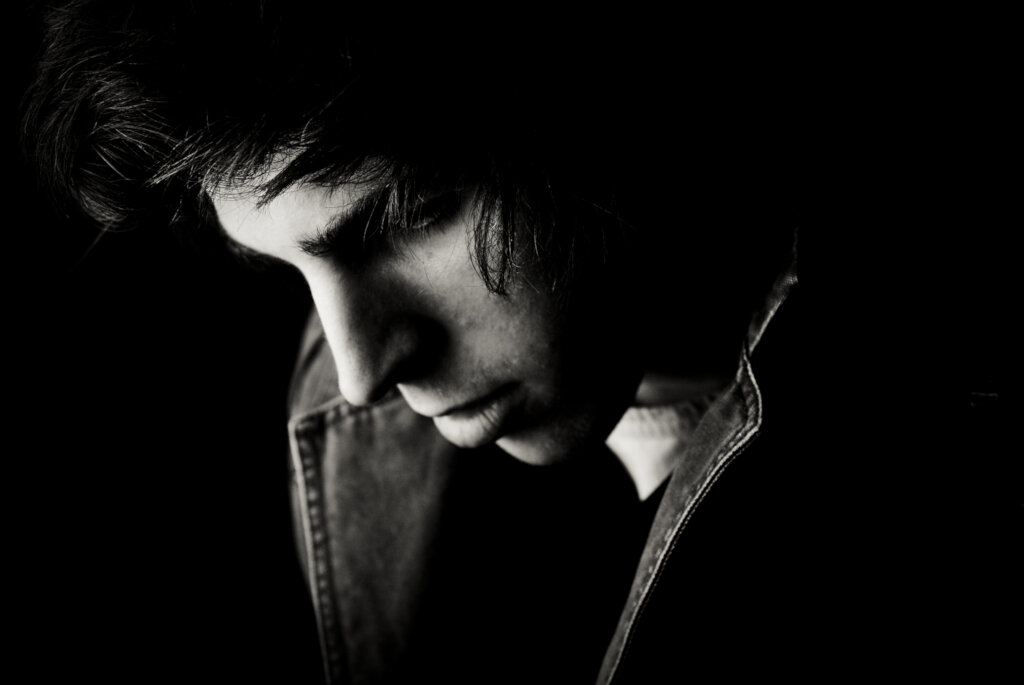By Jeni Ambrose, PhD | Founder, Director
Working with patients who have a history of child sexual abuse, the question commonly arises, “Why didn’t any of the adults around me take notice that I wasn’t ok or step in to help?”
It can be difficult to recognize when a child is being sexually abused by someone in their lives - a relative, a coach, a friend’s older sibling, etc. People who prey upon children tend to be sly and opportunistic, often manipulating a child into secrecy.
But there are common signs that we can all learn to recognize and be attentive to in order to protect the children we encounter within our communities.
Here are some common ones:
While this list is far from complete, it demonstrates that looking out for physical, behavioral, psychological/emotional, and social signs of distress is important for recognizing when a child in our world is being sexually abuses.
No one single symptom means that a child is being sexually abused - they could indicate other stressors in a child’s life. But leaning in and be a supportive adult can often reveal other concerning signs
Research has shown, when community members notice and step in to help, it goes a long way toward protecting children - by either getting a child who has been harmed the caring support they need, and even stopping abuse in it’s tracts.
Silence supports violence. Please pass on this information.
Project reports on GlobalGiving are posted directly to globalgiving.org by Project Leaders as they are completed, generally every 3-4 months. To protect the integrity of these documents, GlobalGiving does not alter them; therefore you may find some language or formatting issues.
If you donate to this project or have donated to this project, you can receive an email when this project posts a report. You can also subscribe for reports without donating.


